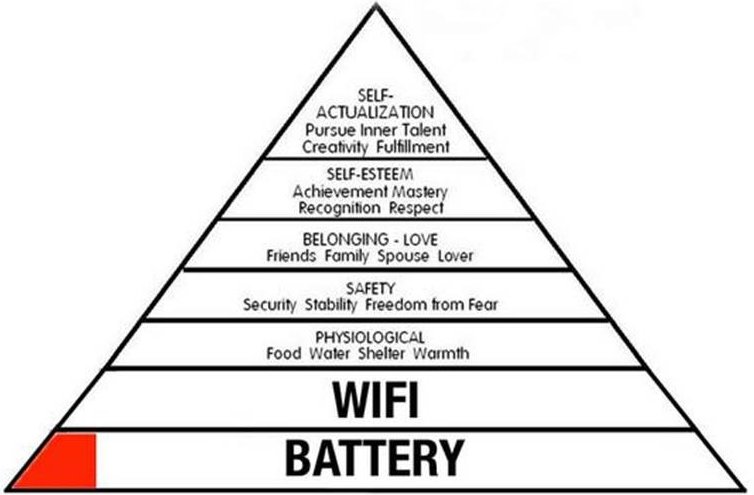
As I have blogged before, it is amazing to me how easily we become lazy thinking we can predict the future. Autonomous cars … drone warfare … you pick your favorite.
As many of you know, I own a Tesla Model S. When I pick someone up at the airport I often comment that, at some time in the future, I will likely be able to simply send my car to do that without me and have it transport the person to where they need to go.
It was telling this week that Public Utilities Fortnightly took a look back to the end of World War II.
Here is what they wrote:
Public Utilities Fortnightly, August 2, 1945. It was the issue just before the Japanese surrender and the ending of World War II. The lead article was entitled: “Effect of Recent Population Trends on Utilities.” It was impossible to foresee the approaching boom:
“As a nation our population increase has diminished and, according to the Bureau of the Census, our total population will approach a stationary figure sometime after 1980.”
The article, reflecting contemporary thinking, predicted that U.S. population in 2000 would be 150 million. Slight miss. The 2000 Census counted 282 million Americans.
I remember Jimmy Carter’s fireside chat, wearing a sweater, telling us that foreign oil was the moral equivalent of war. It was the same year that natural gas was forbidden in baseload power plants … only to be repealed about 10 years later. Coal was then considered the savior of our nation. Not now.
Solar and wind are now the heroes. Population growth continues but the energy use per person seems to have been turned through better device and appliance efficiencies. Fuel cells still seem to be five years off … maybe further. They were five years off thirty years ago when I managed projects at MTI and Plug Power was a division of MTI … so some things don’t seem to change at all.
What has changed is American attitudes about almost everything. Plus, we have an “always on” mentality. Go ahead the next time you are together with friends and loved ones and see the addiction to the electronic leashes. 
Maslow’s hierarchy has changed as a result. Food and shelter were at the base of it … until recently. Now it is WiFi and battery power. Watch how quickly people freak out if they lose either of those …even when they are sitting in a restaurant with friends and loved ones.
Not sure where this all leads, but it certainly leads somewhere different. It does seem most prognosticators agree the electric industry’s traditional business model is dead. Perhaps they are right.
I don’t know. I just know that for every SEER there is at least one sucker.
 I have been watching a “movement” in home design that is starkly in contrast to the historical bigger is better home design. As everyone knows, American homes have grown a lot over the past decades.
I have been watching a “movement” in home design that is starkly in contrast to the historical bigger is better home design. As everyone knows, American homes have grown a lot over the past decades.

 As I reflect on the transitional and rightful questions facing energy industry professionals today, it amazes me to see so many stuck in the rut of old paradigms.
As I reflect on the transitional and rightful questions facing energy industry professionals today, it amazes me to see so many stuck in the rut of old paradigms.
